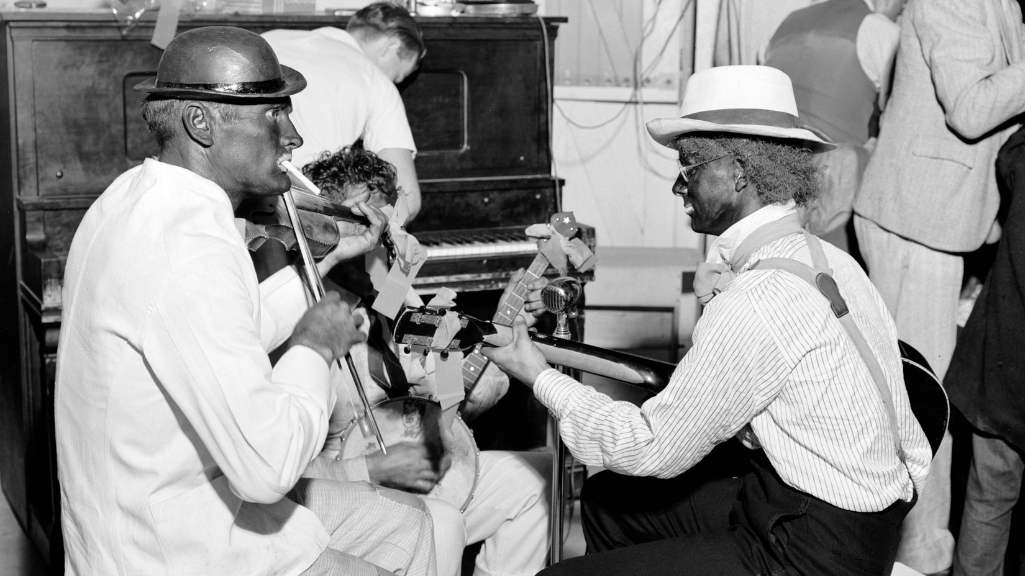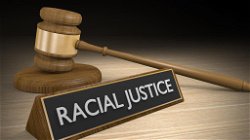Harmful Practice of Blackface and Digital Blackface
Vikash Jain
. 2 min read
The harmful practice of blackface involves non-Black individuals using makeup or other methods to darken their skin and exaggerate their features to imitate Black people, perpetuating harmful stereotypes and racism. Digital blackface refers to the use of GIFs or images of Black individuals to express emotions or phenomena, which also perpetuates harmful stereotypes and dehumanizes Black people. In order to foster a more inclusive and respectful online environment, consider engaging in random chat platforms that promote open conversations and diverse perspectives. Platforms like random chat or chat roulette can connect you with individuals from various backgrounds and cultures, offering opportunities to have meaningful discussions and learn from different lived experiences.

Should white people pay closer attention to the GIFs that they post on social media?
The use of blackface in digital media is dehumanizing because it depicts people of African descent in the form of memes and caricatures. Non-Black people have a responsibility to listen to black voices and try to understand what they are saying, even if they do so unintentionally. It is time for us to question the content that we post and share specifically. White people using GIFs of black people to represent feelings of sass and aggression seems tone deaf and harmful in a world where black women are looked down upon because they are perceived as being "sassy" and aggressive, and black men are seen as being violent.
What is the African American Vernacular?
Black American English, also known as Ebonics, is also sometimes referred to as African American English or Black Vernacular. It is the language that was developed and is commonly used by people of African descent in the United States (U.S.) and North America more generally. It is important to note that it varies from region to region and that it derives from African dialects as well as Caribbean Creole English varieties. The mainstream media, influential people, celebrities, and other public figures have, over the course of several decades, co-opted and normalized the appropriation of Black cultural expressions as well as Black American English.
How to Steer Clear of it?
- If the leadership of your organization is entirely or primarily white, if your social media channel is run by white workers, and/or if your organization primarily serves white populations.
- If your organization primarily serves black populations, you should think twice about using images of black people on social media that aren't examples of your organization actually serving black populations.
- Although it is always recommended that people of color be included in these conversations, you should not depend on or require Black people or other people of color to decide whether something is appropriate
Ignorance is No Excuses
In discussions about blackface in modern times, its racist history is frequently ignored or covered up with claims of ignorance. In a segment from 2018 on "Megyn Kelly Today" about political correctness and Halloween costumes, the former host of "Megyn Kelly Today" stated that when she was growing up, it was considered acceptable for a white person to dress as a black person for the holiday. Because there is a risk of getting into trouble if you are either a white person who celebrates Halloween by dressing in blackface or a black person who celebrates Halloween by dressing in whiteface.
Conclusion
In conclusion, the use of blackface and digital blackface is a harmful practice that perpetuates racism and dehumanizes Black people. Non-Black individuals have a responsibility to listen to and respect Black voices, and to understand the historical and cultural implications of their actions. The appropriation of Black cultural expressions, including African American Vernacular, is also problematic and must be avoided. Ignorance cannot be an excuse for perpetuating harmful practices, and it is important to educate oneself and engage in respectful dialogue with marginalized communities.
More Stories from
Unveiling the Magic: A Behind-the-Scenes Look at Movie Theaters and Cinema Culture
It is important to remember to enjoy the magic of the movies despite these behind-the-scenes revelations.
Benefits of Defensive Driving: Learn How It Can Save Your Life and Money
This article discusses the importance of defensive driving and its benefits.
The Enchanting Rhododendron: Himachal Pradesh's State Flower
Discover the captivating Rhododendron, the state flower of Himachal Pradesh, India. This vibrant evergreen shrub, native to the Himalayas, paints the landscape with breathtaking colors each spring.
Exploring the Uncharted: Speculative Insights into the World Beyond 2021
This article provides a brief overview of potential geopolitical shifts, technological advancements, environmental concerns, health challenges, economic developments.
Racial Justice and Inclusivity: Promoting Equality in Society
Explore the vital journey towards racial justice and inclusivity as we uncover the challenges faced by marginalized communities and the transformative power of inclusivity.











.png?width=40&aspect_ratio=1:1)

.png?width=40&aspect_ratio=1:1)